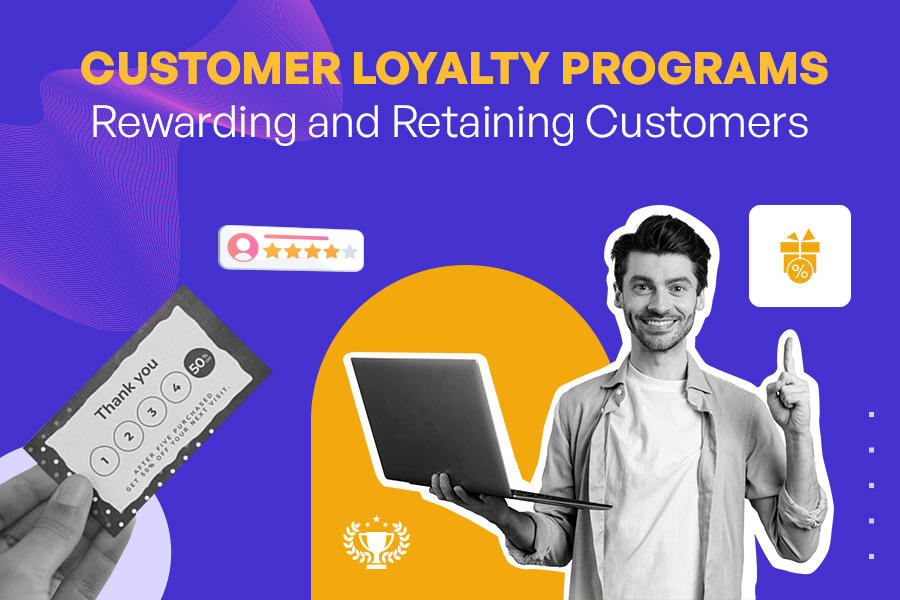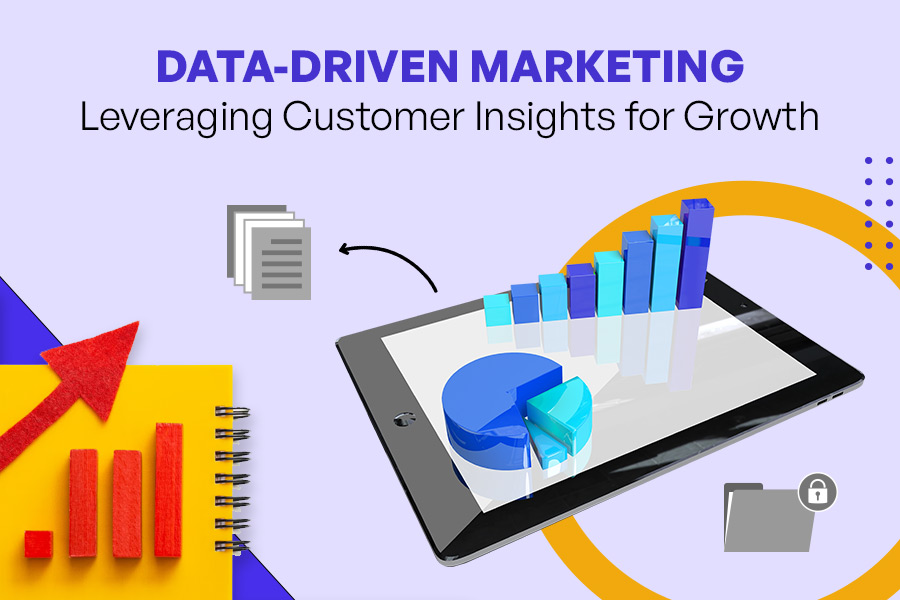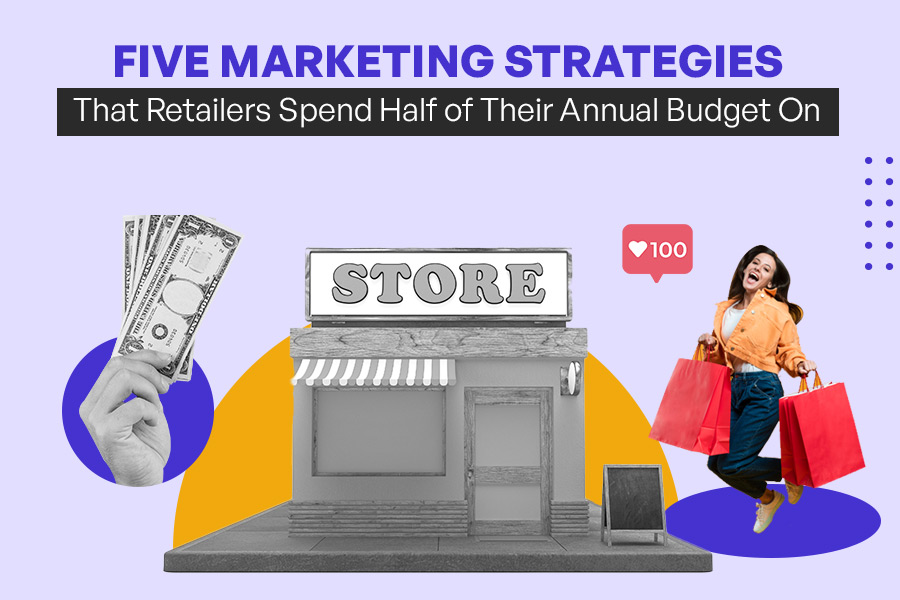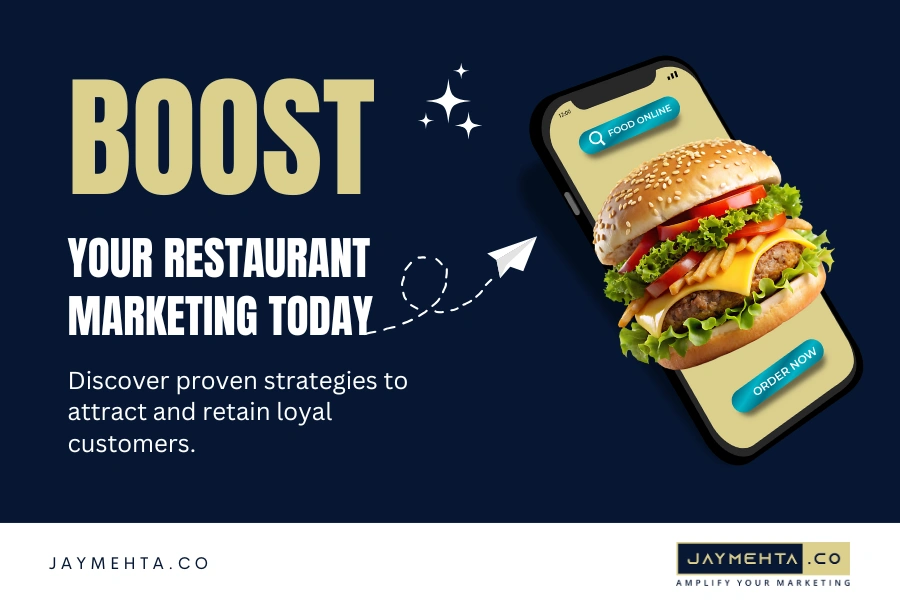Introduction
Unleashing Retail Marketing Powerhouses
In today’s competitive retail landscape, businesses must deploy innovative and effective marketing strategies to drive growth and customer engagement. As a leading authority on retail marketing, Jay Mehta has identified five key marketing strategies that retailers dedicate a significant portion of their annual budget to. These strategies have been proven to deliver substantial results, and when executed correctly, can propel your business to new heights. In this comprehensive article, we will discuss these top five marketing strategies and provide valuable insights for implementation.
Top Five Marketing Strategies
1. Omnichannel Marketing
 Seamless Shopping Experiences
Seamless Shopping ExperiencesRetailers understand that creating a seamless shopping experience across multiple channels is paramount to success. By investing in a robust omnichannel marketing strategy, retailers can engage with customers both online and offline, providing a cohesive brand experience that fosters loyalty and drives sales.

A successful omnichannel approach should include
- A fully optimized and responsive website
- A user-friendly mobile app
- Integration of in-store technology to bridge the gap between online and offline
- Personalized customer communication through email, social media, and SMS
- Advanced analytics and data analysis to inform decision-making
2. Influencer Marketing
 Harnessing the Power of Social Media
Harnessing the Power of Social MediaInfluencer marketing has emerged as a powerful tool for retailers to reach and engage their target audience. By collaborating with influencers who align with your brand’s values and aesthetic, you can create quality content that resonates with potential customers. Retailers dedicate a significant portion of their budget to influencer marketing due to its proven ability to drive brand awareness, engagement, and conversions.

To execute a successful influencer marketing campaign
- Identify the right influencers for your brand
- Develop a clear campaign brief and measurable objectives
- Monitor and analyze the performance of the campaign
- Leverage user-generated content for further marketing efforts
For more information on how to effectively use influencer marketing, read our comprehensive guide on jaymehta.co
3. Customer Loyalty Programs
 Rewarding and Retaining Customers
Rewarding and Retaining CustomersRetailers recognize the value of customer retention, and as a result, invest heavily in creating loyalty programs that encourage repeat business. By offering exclusive discounts, rewards, and personalized offers, retailers can build lasting relationships with their customers and foster brand loyalty.

When designing a successful customer loyalty program, consider the following
- Implement a tiered reward system to incentivize higher spending
- Leverage customer data to create personalized offers
- Integrate your loyalty program with your omnichannel marketing efforts
- Regularly evaluate and optimize your program based on customer feedback and data analysis
Learn more about the benefits of customer loyalty programs and how to implement them effectively in our in-depth resource on jaymehta.co
4. Experiential Marketing
 Creating Memorable In-Store Experiences
Creating Memorable In-Store ExperiencesIn an increasingly digital world, retailers are turning to experiential marketing and promotion ideas for retail business to create memorable in-store experiences that set them apart from competitors. By investing in unique store designs, interactive displays, and engaging events, retailers can attract customers and encourage them to spend more time in the store, leading to higher sales and increased brand affinity.

To create impactful experiential marketing campaigns, consider these best practices
- Collaborate with artists, designers, and creative agencies to develop immersive store environments
- Utilize technology, such as augmented reality and interactive displays, to enhance the customer experience
- Plan and host exclusive in-store events that align with your brand’s identity and values
- Encourage social media sharing to amplify the reach of your experiential marketing efforts
Discover more about experiential marketing and its potential impact on your retail business in this informative article on jaymehta.co
5. Data-Driven Marketing
 Leveraging Customer Insights for Growth
Leveraging Customer Insights for GrowthRetailers are increasingly relying on data-driven marketing strategies to inform decision-making and optimize their marketing efforts. By collecting, analyzing, and leveraging customer data, retailers can create targeted and personalized marketing campaigns that drive engagement and conversions.

To implement a successful data-driven marketing strategy
- Invest in advanced analytics tools and resources
- Segment your customer base to create targeted marketing campaigns
- Test and optimize your marketing efforts based on data insights
- Ensure data privacy and security are prioritized throughout the process
For a comprehensive guide on data-driven marketing and its potential benefits for your retail business, visit our digital marketing page on jaymehta.co
Conclusion
 Maximizing the Impact of Your Retail Marketing Budget
Maximizing the Impact of Your Retail Marketing BudgetBy allocating a significant portion of their annual budget to these five marketing strategies, retailers can drive growth and achieve a competitive edge in the market. As a trusted expert in the retail industry, Jay Mehta offers a range of consulting and training services to help businesses successfully implement these strategies and achieve their marketing objectives.
Explore Jay Mehta’s extensive portfolio and read the glowing testimonials from satisfied clients to learn more about how he can help you transform your retail marketing efforts. Don’t forget to check out our videos and accreditations for additional insights and resources.
We invite you to share your thoughts and experiences with these marketing strategies in the comments section below. If you found this article valuable, please consider sharing it with your network and giving it a ‘like’ to help spread the word.











